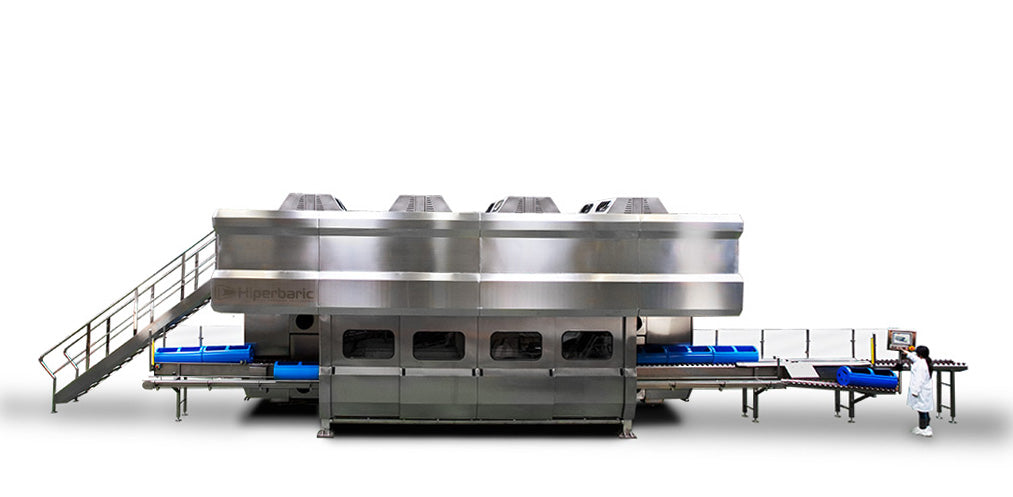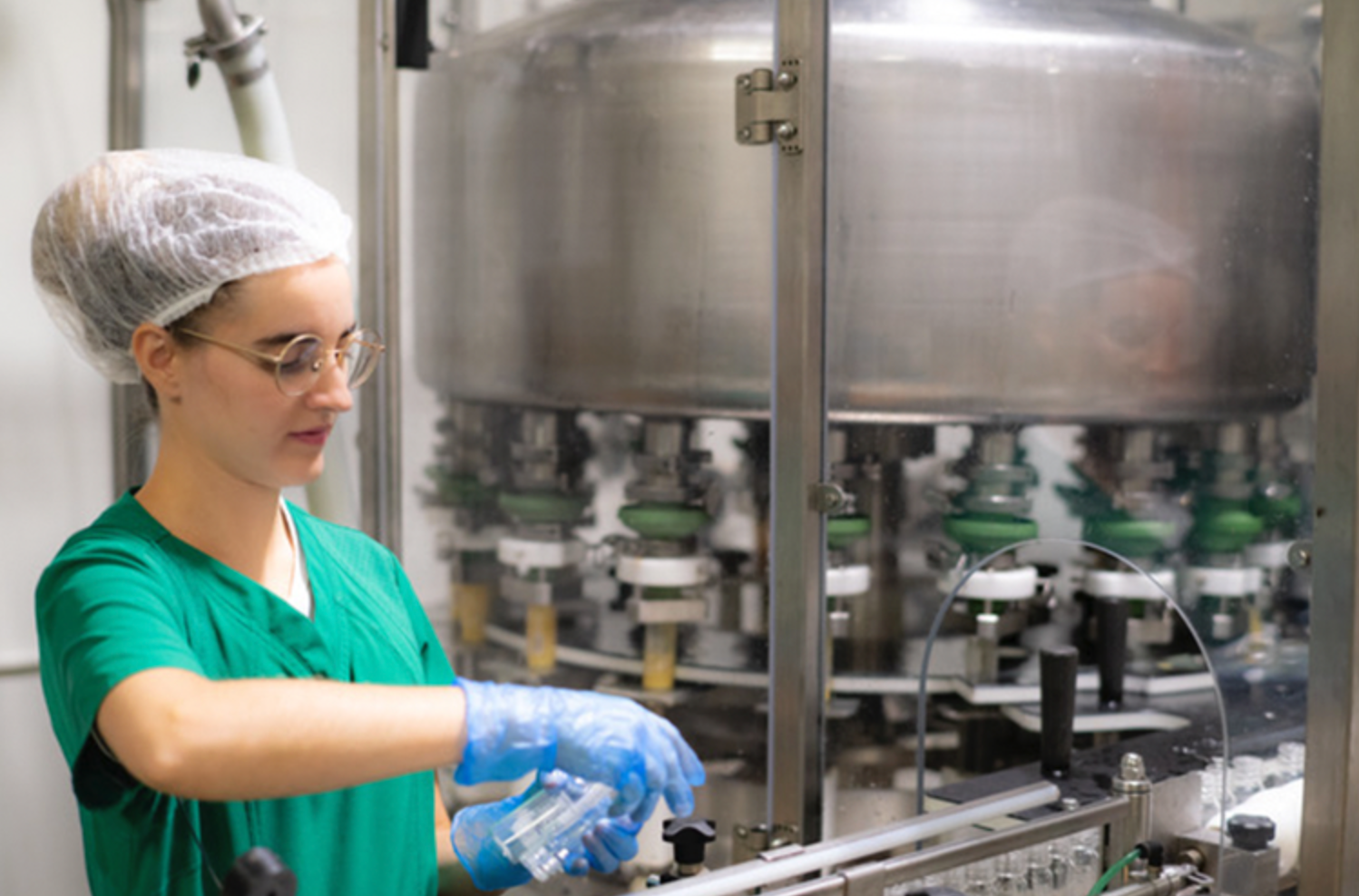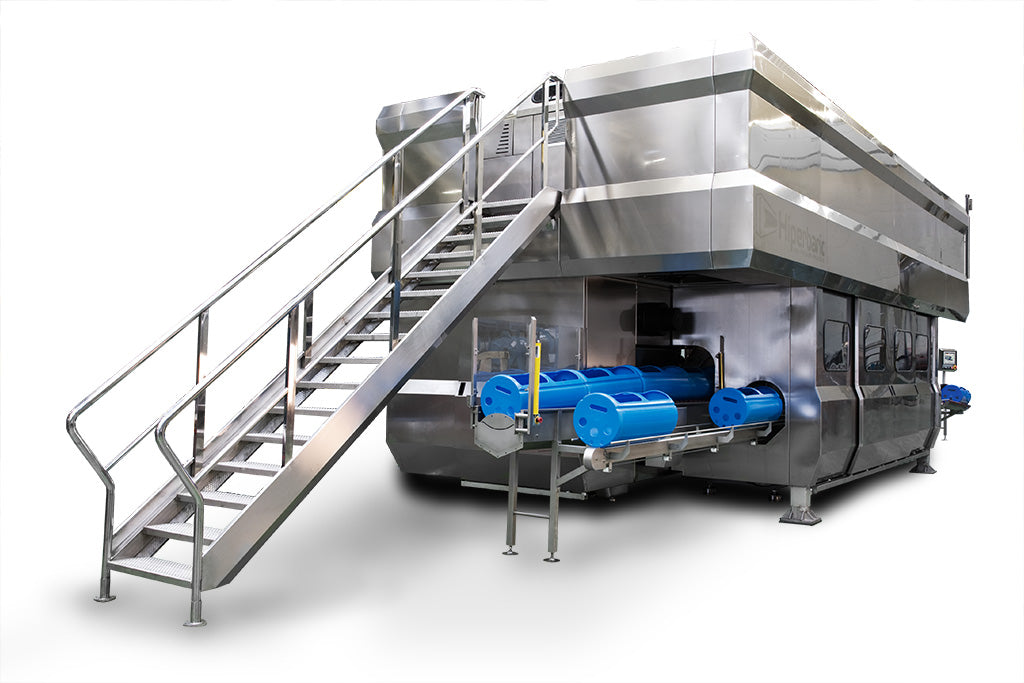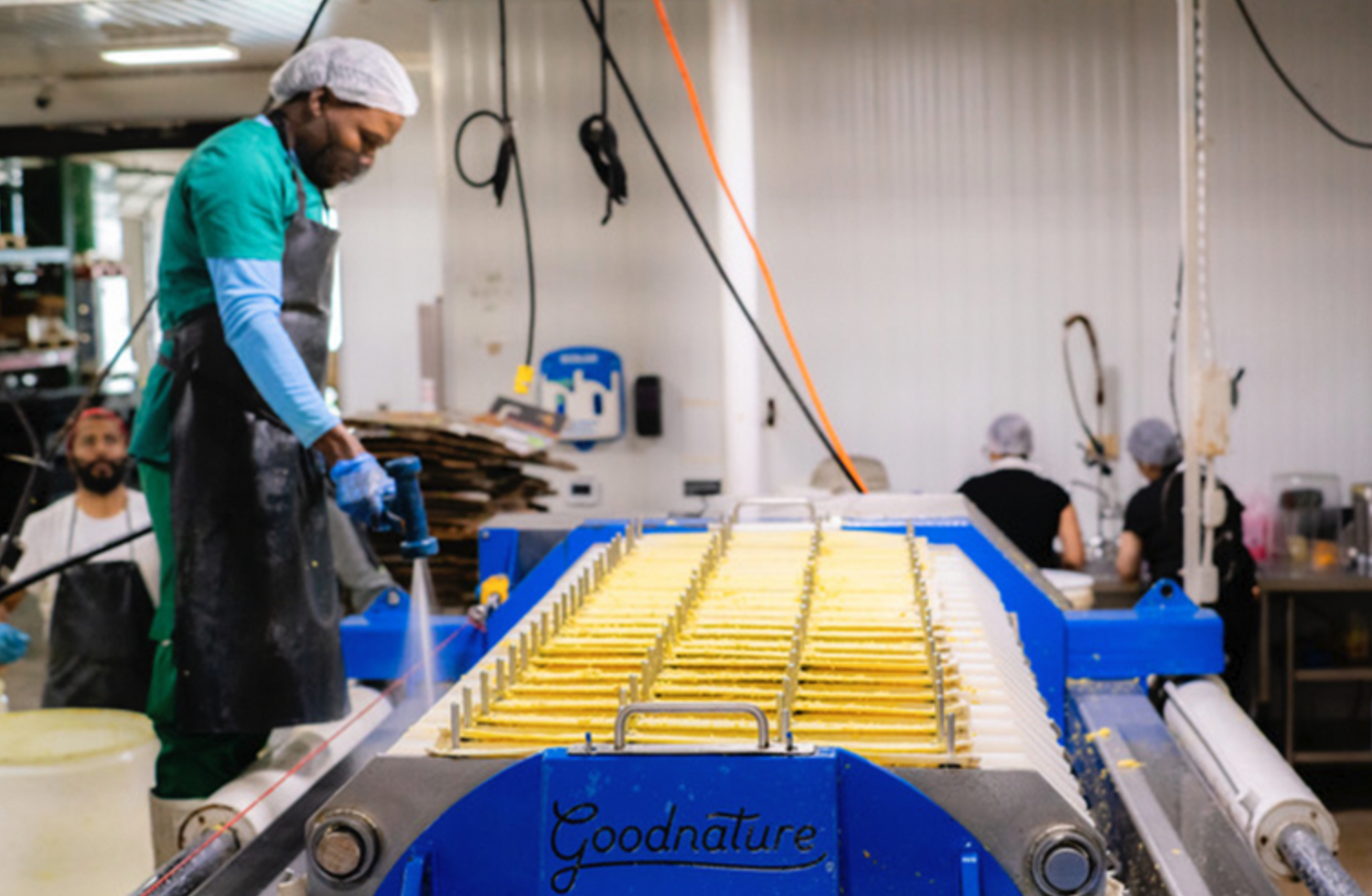
High-Pressure Processing Explained
What is HPP?
HPP stands for High-Pressure Processing—a cold, non-thermal method that uses extremely high water pressure (typically 400–600 MPa / 58,000–87,000 psi)
to inactivate harmful microbes in sealed, refrigerated foods while preserving
fresh taste, texture, and nutrients—no heat or chemical preservatives.

So How Does HPP Work?
Step 1: Load & seal
Products are sealed in their final, water-resistant packaging and loaded into a high-pressure vessel. Flexible plastic structures (e.g., PET, PE, PP, PA, EVOH multilayers; rPET/PLA variants) are typically used.

Step 2: Cold water + uniform pressure
The vessel fills with cold water and pressure is applied isostatically—the same in all directions—so packages and food are not crushed. Typical processing ranges are ~400–700 MPa (58,000–101,000 psi) held for a few minutes.

Ready to use: Microbial inactivation,
fresh quality
That pressure inactivates bacteria, yeasts, molds, and viruses while better preserving fresh taste, color, and nutrients vs. heat methods. Short, pressure-induced
temperature rise occurs but the process remains non-thermal.
Benefitsof HPP
Why brands choose “cold pressure”
-
Extended shelf life
often weeks to months, depending on product (e.g., hummus from ~28 days to 100+ days reported), helping reduce shrink and returns
-
Food safety
effective against pathogens of concern (e.g., Listeria monocytogenes), supporting robust HACCP validation.
-
Fresh taste & nutrients
non-thermal, so flavor, color, and nutrients are better retained vs. heat pasteurization.
-
Clean-label friendly
achieve safety and shelf life without chemical preservatives, supporting short, simple ingredient decks.
-
In-package process
treated in final packaging, lowering post-process contamination risk and simplifying cold-chain logistics
Industries we serves
-
Juice & cold pressed beverages
-
Dips, sauces and dressings
-
Ready to eat (RTE) meats and deli
-
Seafood
-
Baby food and purees
-
Pet foods (fresh/refrigerated)
